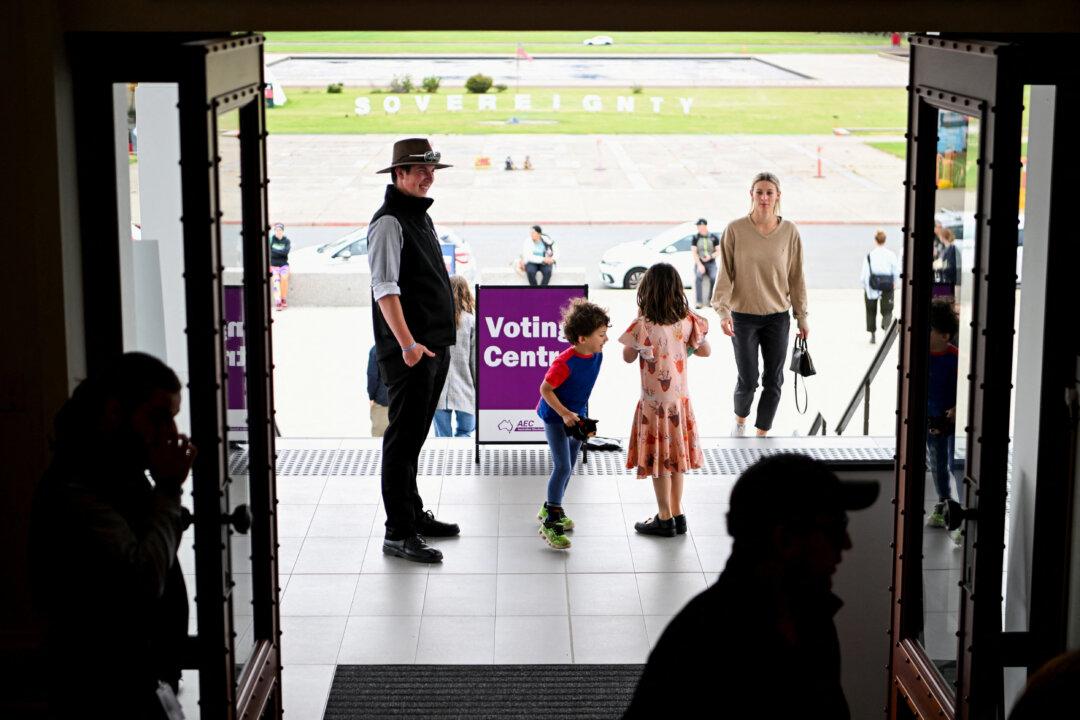In South Australia, 90 percent of approximately 30,000 eligible Indigenous voters chose not to cast a ballot in the state’s Voice referendum on March 16, where voting was not compulsory.
Additionally, more than 64 percent of all South Australians rejected a national Voice to Parliament, the second highest “no” majority in the federal referendum in October 2023.





